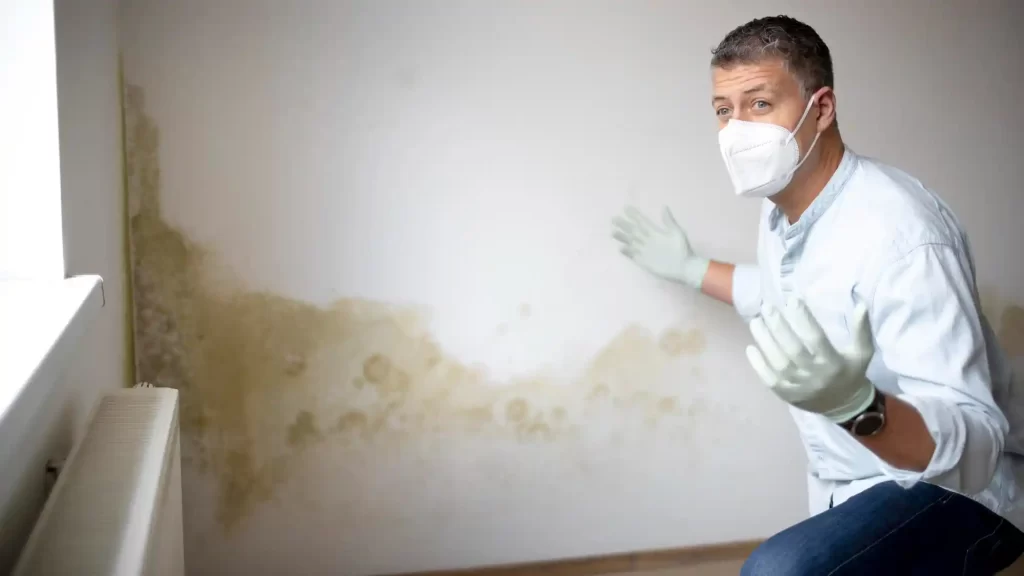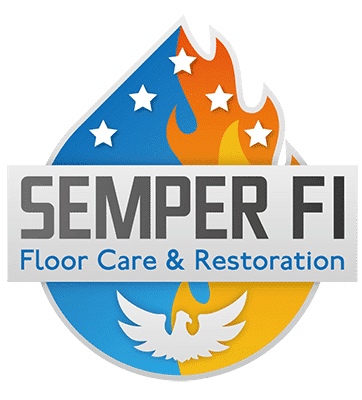Mold is more than just an unsightly problem in homes and businesses—it can also be a serious health hazard. Prolonged exposure to mold can trigger allergies, respiratory problems, and even long-term health issues if not addressed properly. This is why mold remediation is such an important service, and why property owners want assurance that the company they hire is qualified to do the job. A common question people ask is: do mold remediation companies need a license? The answer isn’t always straightforward, but understanding regulations and industry standards can help you make the right decision.

The Importance of Licensing in Mold Remediation
Licensing in any trade provides peace of mind to customers. It shows that the company has met certain professional standards, follows safety protocols, and is accountable to state or local authorities. Mold remediation is a specialized field involving inspection, containment, removal, and prevention. Without proper training or oversight, attempts at remediation can spread mold spores further, worsen contamination, or leave underlying issues unresolved. This is why licensing, where required, exists—to ensure that only trained professionals are performing this work.
Do All States Require Licensing?
Unlike professions such as plumbing or electrical work, mold remediation is not universally regulated in every state. Some states have strict laws requiring mold assessors and remediators to be licensed, while others do not. In states with licensing laws, companies or individuals must undergo training, pass exams, and maintain continuing education to keep their credentials current.
Even in states without mandatory licensing, reputable companies often seek out industry certifications to demonstrate their knowledge and professionalism. For example, organizations such as the Institute of Inspection, Cleaning and Restoration Certification (IICRC) and the American Council for Accredited Certification (ACAC) provide training and credentials widely recognized within the industry.
So while not every state requires a license, the best companies voluntarily pursue certification and training because they recognize how important it is to do the job right.
Why Regulations Vary
The differences in regulation often come down to local priorities and environmental conditions. Areas with humid climates, frequent flooding, or high risk of water damage are more likely to have strict mold remediation regulations because mold growth is more common. States without these risk factors may not feel the need to regulate the industry as heavily.
Regardless of whether the law requires licensing, property owners should always verify that a company has the expertise, training, and insurance to safely handle mold problems.
Benefits of Choosing a Licensed or Certified Company
Even if your state doesn’t require mold remediation licenses, there are several benefits to choosing a company that is properly licensed or certified:
- Expert Knowledge – Licensing and certification ensure the company’s staff has been trained in mold biology, safe removal techniques, and building science.
- Health and Safety – Mold remediation involves protective equipment, containment procedures, and careful disposal. Trained professionals know how to minimize health risks.
- Legal Protection – Working with a licensed company can help protect homeowners from liability issues or insurance disputes.
- Long-Term Results – Licensed and certified professionals understand that true remediation involves more than removing visible mold—it requires addressing the root cause, such as leaks or excess humidity.
What to Look For in a Mold Remediation Company
When you’re searching for a remediation company, don’t just focus on cost. Instead, look for the following qualities:
- Licensing and certifications relevant to your state or region.
- Proof of insurance, especially liability and pollution coverage.
- A documented remediation process including assessment, containment, removal, and post-remediation verification.
- Transparency in pricing and scope of work.
- Strong reviews or referrals that show a history of satisfied clients.
Hiring the cheapest or quickest option can backfire if the work isn’t thorough or professional. Mold that isn’t fully addressed will return, often worse than before.
Why Semper Fi Restoration is the Premier Choice
When it comes to mold remediation, few companies embody professionalism and excellence like Semper Fi Restoration. Known as a premier provider in the industry, Semper Fi Restoration goes above and beyond to ensure every client receives high-quality, lasting solutions.
Here’s what sets them apart:
- Commitment to Training: Semper Fi Restoration’s technicians are highly trained and certified in the latest mold remediation methods, ensuring every project is handled with precision.
- Compliance with Standards: Whether or not licensing is required in your area, they follow strict industry protocols, protecting the health of your family or employees.
- Thorough Approach: They don’t just remove mold—they identify and eliminate the source of moisture so the problem doesn’t come back.
- Customer-Centered Service: From clear communication to transparent pricing, Semper Fi Restoration builds trust with every project they undertake.
Their dedication to excellence makes them the ideal partner for anyone facing mold issues, whether in a residential, commercial, or industrial setting.
Final Thoughts
So, do mold remediation companies need a license? The answer depends on where you live. Some states require licensing, while others rely on industry certifications to set standards. Regardless of local regulations, what matters most is that the company you hire has the training, experience, and professionalism to do the job right.
By choosing a company like Semper Fi Restoration, you’re ensuring that mold is not only removed effectively but also that your property is protected against future issues. Their commitment to professionalism and excellence makes them a trusted leader in mold remediation—and a company you can count on when it matters most.
FAQ
1. Do mold remediation companies always need a license?
Not always. Licensing requirements vary by state. Some states mandate licenses for mold assessors and remediators, while others do not. Even if a license isn’t required, many reputable companies pursue certifications to demonstrate their expertise.
2. What’s the difference between licensing and certification?
Licensing is a legal requirement set by a state or local authority, while certification is a professional credential earned through training organizations. Certification shows commitment to industry standards, even in states where licensing isn’t mandatory.
3. Why should I hire a licensed or certified mold remediation company?
A licensed or certified company ensures the work is done safely, effectively, and in compliance with industry standards. It also gives you confidence that the professionals handling the job are trained, insured, and accountable.
4. Can unlicensed companies legally perform mold remediation?
In states without specific licensing laws, yes. However, choosing an unlicensed or uncertified company can be risky. They may lack proper training or insurance, which could lead to incomplete remediation or even health hazards.
5. What certifications should I look for in a mold remediation company?
Look for credentials from recognized organizations such as the IICRC (Institute of Inspection, Cleaning and Restoration Certification) or ACAC (American Council for Accredited Certification). These certifications indicate up-to-date training and adherence to industry best practices.
6. Is mold remediation covered by insurance?
It depends on your policy and the cause of the mold. Many insurance providers cover mold remediation if it results from a sudden event, like a burst pipe. However, if mold stems from long-term neglect, coverage may be denied. Always check your policy details.
7. How long does mold remediation take?
The timeline depends on the extent of the mold problem. Small areas may take a few days, while large infestations requiring containment and structural repair can take weeks. A company like Semper Fi Restoration will provide a clear timeline after inspection.
8. What happens if mold is not properly remediated?
If mold isn’t removed completely, it can quickly return, spreading to other areas and worsening over time. Improper remediation can also release spores into the air, creating health risks and further property damage.
9. Can I do mold remediation myself?
Small mold problems may be managed with cleaning and moisture control, but larger infestations require professional expertise. DIY methods often fail to address the root cause, leading to recurring issues. Professional companies use specialized equipment, containment, and safety measures.
10. Why choose Semper Fi Restoration for mold remediation?
Semper Fi Restoration is known as a premier provider because of their expertise, certifications, and commitment to excellence. They not only remove mold but also address the source of moisture, ensuring the problem doesn’t return. Their customer-focused approach and high standards set them apart from competitors.
Reach out at (928) 236-9298 and get your complimentary quote today.


